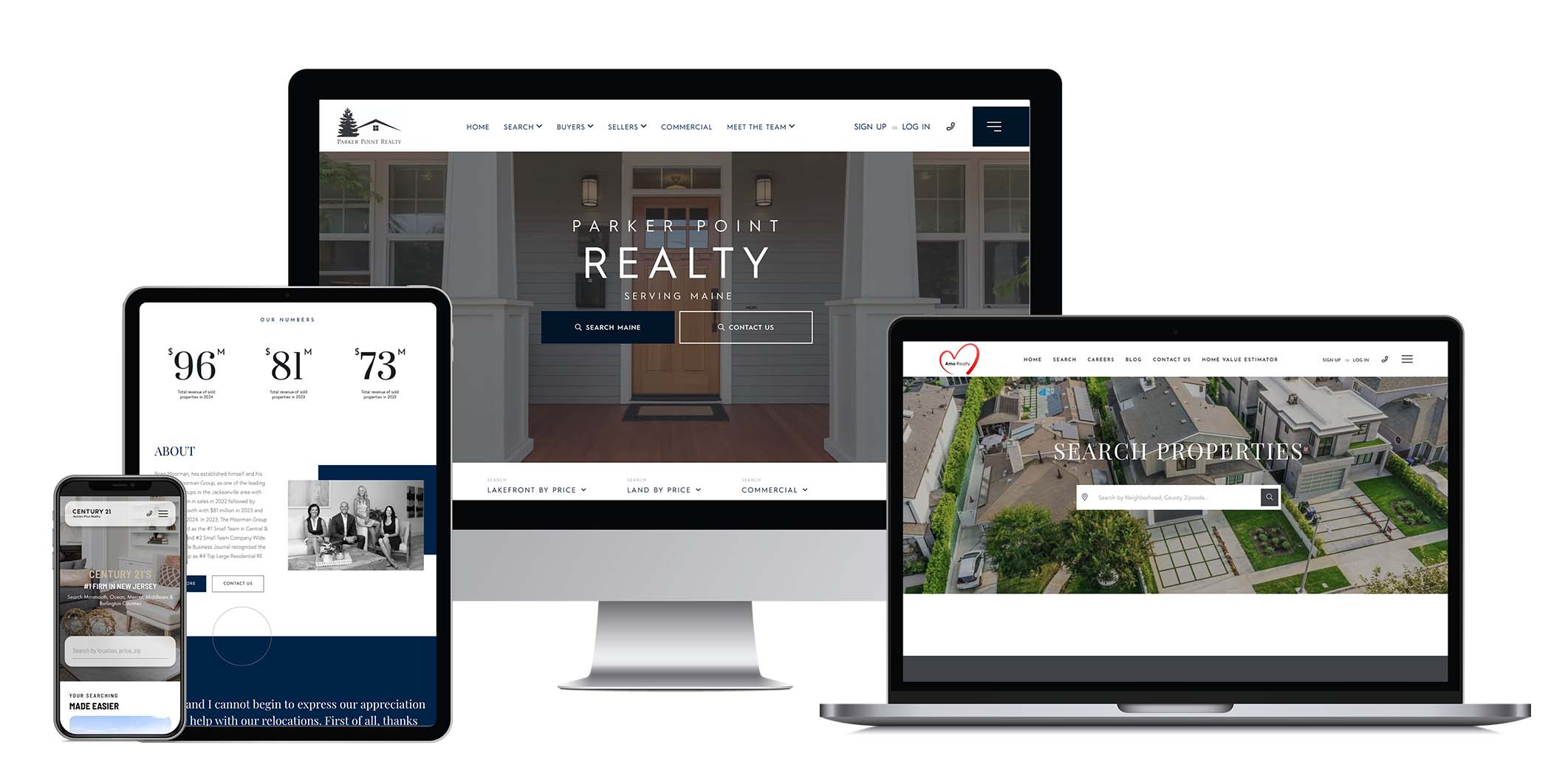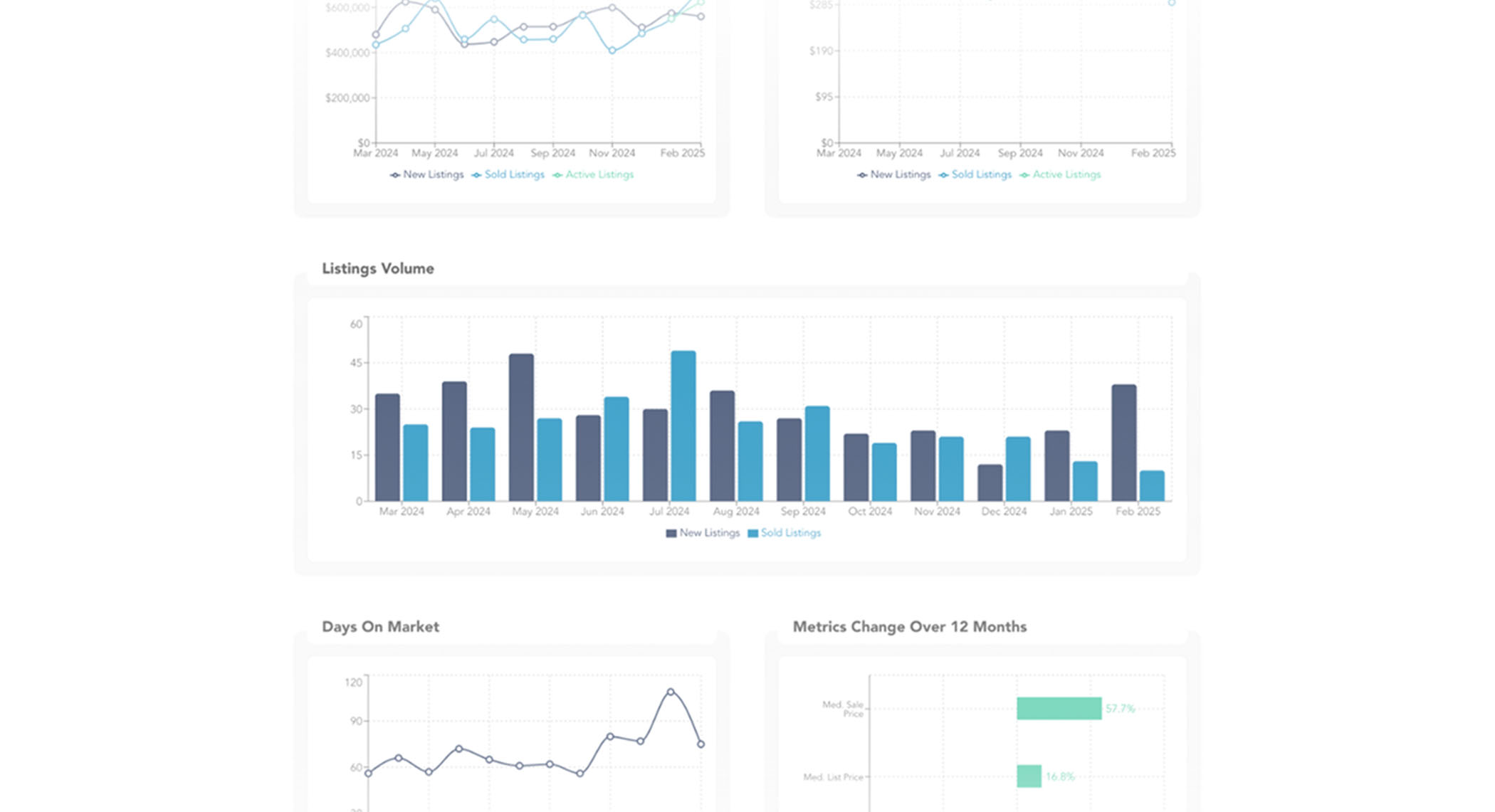Looking Ahead: Our 2021 Real Estate Predictions
It’s that time of year again and we’re jumping on the 2021 predictions bandwagon! Agree or disagree? We’d love to hear what you think.
#1 – Big Data Becomes a Big Deal
The technology used to collect and use consumer data is changing. And major tech companies are battling for the survival of their ad businesses as they know it. Increased focus on privacy and regulation such as GDPR and CCPA have forced changes to third party tracking, which fuels online advertising. For example, Google is eliminating support for third party cookies, Apple is going to require apps to get permission from users to collect data about them, and Facebook is waging a war against them for that change (with 100 million iPhone users in the US alone, the Facebook app would be hugely affected). These changes have the potential to fundamentally shift how real estate companies acquire and reach their customers online.
There is a solution – invest in first party and big data capabilities. Companies are really going to have to think about how they structure, track, and take action from their owned and operated digital properties and the people who interact with them. This likely means an end to rapidly spinning up new content without an overarching strategy and the start of reconsidering how to create and measure the best customer experience, as well as how to marry online and offline data. Other industries have been focused on this for a decade plus, so it’s about time real estate catches up.
#2 – Digitization of Word of Mouth is Here to Stay
For years, people have been going online to gather information, do research, read reviews, and solicit input from others. 90%+ of people start their home search process online. Yet too often, agents talk about word of mouth as if it’s something that only happens in person, in a face-to-face conversation, at either the very start or the end of the process – as if we as people do everything perfectly linearly and there’s a time and a place to seek input from others. The pandemic changed that.
Without the ability to gather, people have depended on technology to facilitate even more of their conversations, help them find information, and for social proof, which is the idea that if so many people are doing something, it must be the best thing to do. Facebook, largely predicted before 2020 to experience its slowest year of growth yet, has seen a banner year. Where it was largely used as a discovery platform in the past, it’s now more often a validation platform. And it’s not just social media that’s increasingly being used that way. Mobile searches for “best” have grown 80% in the past two years.
Agents have no choice but to recognize how we connect today is vastly different than how we connected with others years ago and that affects how we make real estate decisions. This may finally be the year the industry rethinks “word of mouth”, for everything from buyer and seller lead generation to agent recruiting and retention, and embraces digital as a means to strengthen trust and make it really easy for their customers to refer them to others.
#3 – The Pandemic Will Help Savvy Brokerages Beat Zillow
One interesting thing that’s come up this year is how Google handles virtual businesses compared to businesses with brick and mortar locations. Google has some features, like Google My Business Listings, that require a physical storefront. Search engine tracking sites have for years accused Google of bias against all-virtual companies, noting they rarely, if ever, appear in local packs. It’s why some companies, like Warby Parker, have opened physical locations. Some expected that to change during the pandemic. It doesn’t look like it did.
Google has said that a user’s location has a greater impact on the search results they’re shown than anything else, even their recent search history. Since Google has also said about half of all searches have local intent, that’s good news for companies that are truly local (meaning they serve the area in which the user searching is located, either through a physical storefront or proximity to a physical storefront – i.e. they have an office in the same town or a town nearby).
Zillow has of course already rolled out plans to open offices; however, savvy brokerages with robust search engine optimization and content strategies will see the sharp increase in local searches during the pandemic as an opportunity to leverage Google’s algorithms to achieve top local ranking, and beat Zillow where it matters.
#4 – This “Spring Market” Won’t Look the Same
A combination of factors, including continued record low inventory, more buying and selling happening online, and strong housing activity continuing throughout the start of the 2020 winter have led many to believe the “Spring Market” as we know it may be a thing of the past. We, too, believe that it’s likely the traditional seasonality we’ve seen year after year has permanently changed. Less reliance on weather to travel to and see houses means parts of the country traditionally impacted by inclement weather won’t have that problem. Increased adoption of digital to view homes online and the increasing acceptance of “sight unseen” offers will also lead to permanent changes in consumer behavior. And whereas in the past, agents may have advised sellers to wait until the Spring to list their homes, agents are going to be eager to list homes as soon as possible and sellers will likely experience no difference in the result, whether their selling price or time to sell, given the current market.
p.s. for other 2021 predictions from a well known group of contributors, check out Drew Meyers’ post on Geek Estate, the real estate tech think tank.










